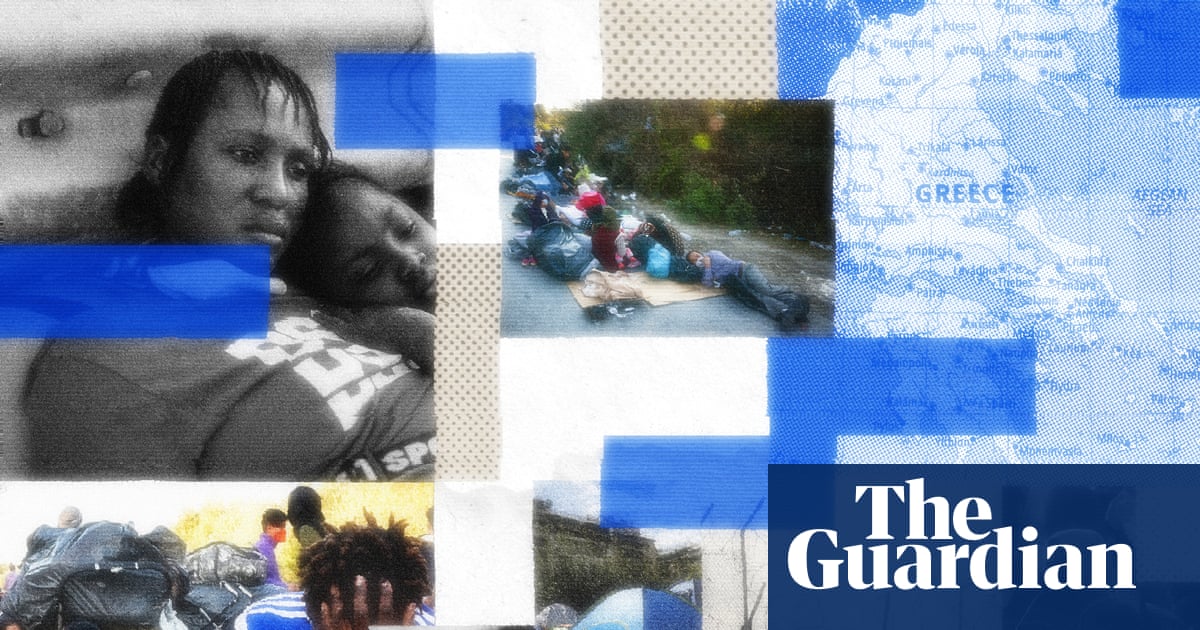
"The night of 29 May was sombre at 15 Mitsaki Street, a women's shelter in the centre of Athens. Shoes, winter coats, shampoo bottles and sheets lay strewn around: belongings the 30 refugee women and five children living there had worked hard to acquire, and would now have to abandon. The next day, the shelter would be shuttered for good. I was so stressed I couldn't sleep, says Oksana Kutko, a Ukrainian. I knew I had nowhere to go."
"Operated by the Greek aid organisation METAdrasi since 2020, the shelter's closure came as a shock. Kutko, 51, had been living there for three years after fleeing Russian bombs in Kharkiv. She hauled what she could carry to a nearby church. Residents could not find alternative accommodation in the short time they were given to leave. A Congolese woman with a seven-year-old son simply laid out a sheet on the pavement outside. By evening, everyone had vacated the refuge, except for one woman."
Fifteen Mitsaki Street, a women's shelter in central Athens, was abruptly closed on 30 May, forcing thirty refugee women and five children to leave their belongings and scramble for alternatives. Residents included Ukrainian Oksana Kutko, who fled Kharkiv and lived there three years, and Evodie, a Congolese survivor of sexual violence who refused to leave and was later evicted and left homeless for a month. The shelter had been operated by METAdrasi since 2020. Short notice and lack of alternatives pushed some to sleep on pavements or seek refuge in churches. The closure resulted from overseas aid funding cuts, removing critical lifelines for vulnerable refugee women.
Read at www.theguardian.com
Unable to calculate read time
Collection
[
|
...
]